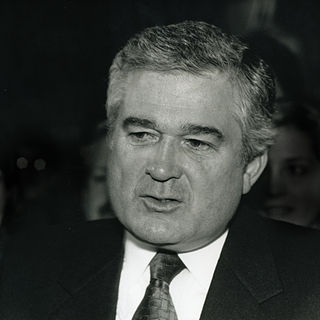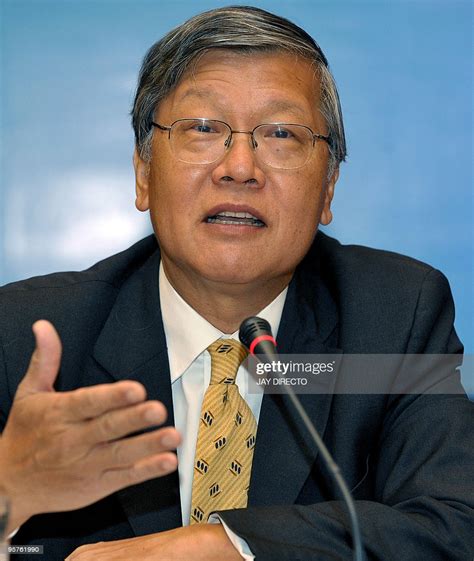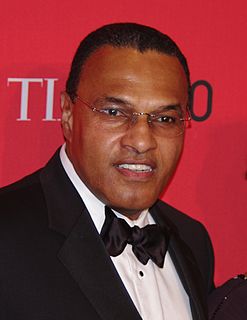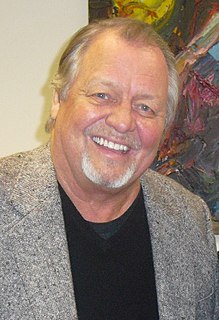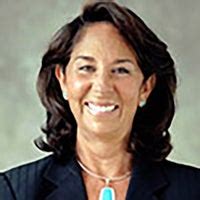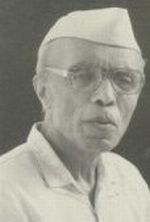A Quote by Lou Gerstner
I initially wanted to be a teacher and then I was going to become an engineer and build bridges and highways but pretty soon I went into the business world. I never did get to be a teacher except in a different way.
Related Quotes
Schools teach you to imitate. If you don't imitate what the teacher wants you get a bad grade. Here, in college, it was more sophisticated, of course; you were supposed to imitate the teacher in such a way as to convince the teacher you were not imitating, but taking the essence of the instruction and going ahead with it on your own. That got you A's. Originality on the other hand could get you anything -- from A to F. The whole grading system cautioned against it.
Every human being needs to know to be a great parent, for a teacher to be a great teacher, and for a business partner to be a great business partner. We can't fall back on, "Oh, I only said it once and it didn't matter." That kind of phrase. That's a not-good thing for a leader to hold inside. If what that leader did is do that separation and this person now knew that they were not going to be on the popular team, doing it once and then not doing it again isn't enough to erase what just happened.

